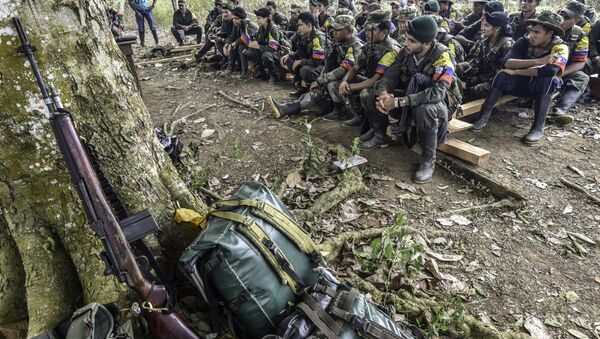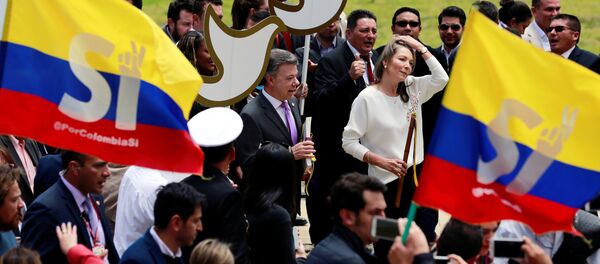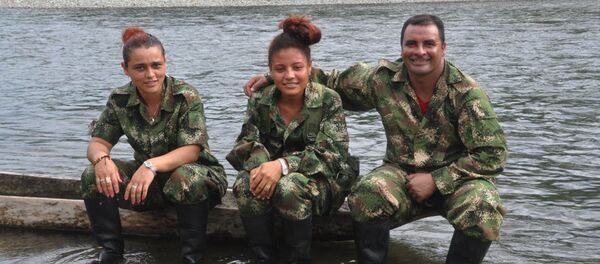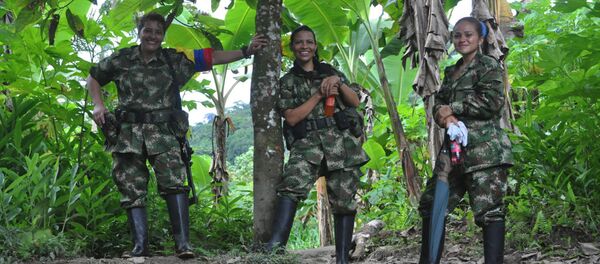Speaking on Loud & Clear, Murillo said that the referendum aimed to demonstrate Colombian democracy at work. Commenting on its results, the analyst stressed that there was a significant lack of participation, as just 38 percent of those eligible to vote did so.
People who live in rural areas overwhelmingly voted “yes,” to end the civil war, he said, citing analysis data on the vote. That category of the population has experienced the horrors of a half a century of war, and were routinely subjected to massacre and displacement.
Residents in urban areas, however, who predominantly know about the war from what they have ingested through the media, voted “no” to the historic peace deal.
“That is a reflection of reality in Columbia,” he said, adding that, “It’s much easier to sell the hate of the ongoing war, the fear-mongering,” fomented by a former president who declared that peace “is surrendering the country to the rebels, narco-terrorists to complete impunity.”
International mainstream media have long facilitated the continuation of the civil war, as they clearly supported the government, and turned a blind eye on its flaws. FARC was blamed “for instability and terror that Columbia has faced.”
US foreign policy toward Colombia also fueled the fifty-year conflict, Murillo observed. Since the very beginning of the war, Washington has consistently provided security assistance to government armed forces as a means to protect US national interests in the country.
“Had the US taken a different approach to the Colombian government at the time, taken a different approach to the uprisings that were happening in the countryside in late 50s and early 60s, demanding issues around land reform, accountability and representation, taken a different approach to militarization… the FARC would have never existed,” Murillo said, citing FARC leader Manuel Marulanda.
Murillo, and many in Columbia, remain optimistic about the outcome, however. He said that President Juan Manuel Santos has promised to effect peace, and has promised to make it happen by the end of his term. The ceasefire is still in place, Murillo pointed out, noting that both sides have stated their intention to keep the peace.
“We end up seeing everybody put too much on this referendum,” the expert opined. “Now It’s just a little more complicated, as Santos doesn’t have backing by the people.”







